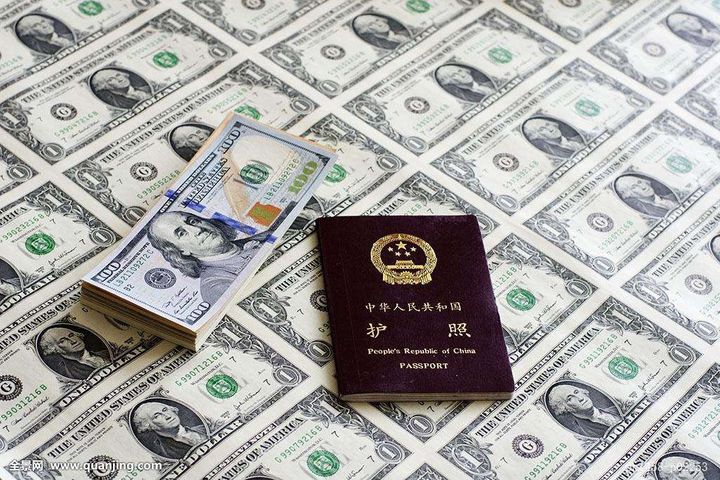 China's Tourism Trade Deficit Hits USD217 Billion, Marks Huge Potential for Foreign E-Payment Services
China's Tourism Trade Deficit Hits USD217 Billion, Marks Huge Potential for Foreign E-Payment Services(Yicai Global) Sept. 12 -- Chinese tourists spent about USD261 billion abroad last year, outstripping the country's USD44.4 billion in foreign exchange earnings from tourism over the same period, according to the Annual China Cross-Border Consumer Spending Index Report 2017, released by the Economic Information Daily and Visa Inc. [NYSE:V] yesterday.
Beijing, Shanghai and Guangzhou are the bridgeheads of China's nationwide campaign to open up the domestic tourism markets to countries and regions along the Belt and Road Initiative. Tourists from such countries and regions have different preferences -- those from Central Asia and Russia tend to prefer Beijing, while European tourists lean toward Shanghai. Guangzhou is the favorite destination among travelers from Southeast Asia.
Excluding North America, the most popular destinations for Chinese tourists are along the Belt and Road. Their preferred destinations can be grouped as Hong Kong, Macau and Taiwan; Southeast Asia (Japan and South Korea) and Europe (excluding Russia), according to data published by the World Tourism Organization in 2015.
Hong Kong, Macau and Taiwan enjoy a 36.3-percent market share for Chinese tourists. Japan and South Korea claim 9.5 percent and Europe has a 4-percent share. The number of tourists from China visiting Central Asia is relatively low, though there has been a rise in the number visiting Russia since the ruble's slump last year.
The structural imbalance in China's cross-border tourism market is visible in service trade foreign exchange statistics. Data from the State Administration of Foreign Exchange shows the country received revenues of CNY112.8 billion from services traded in the first seven months and spent CNY254.7 billion purchasing foreign services, giving a deficit of CNY141.9 billion, much of which can be traced back to the tourism sector.
In order to attract more foreign tourists and offer them a secure and convenient shopping environment, China should speed up deregulation of the electronic payment market and create a unique cultural tourism experience by encouraging leading international e-payment services to enter the Chinese market.